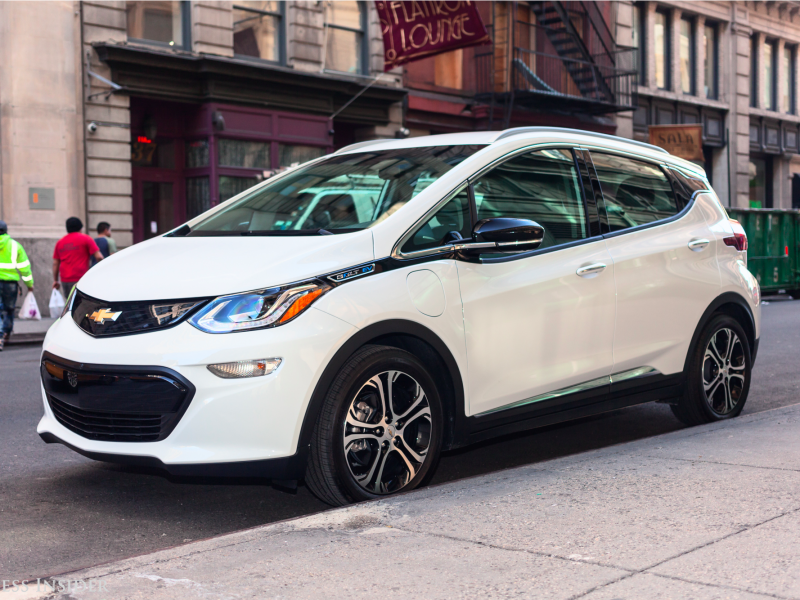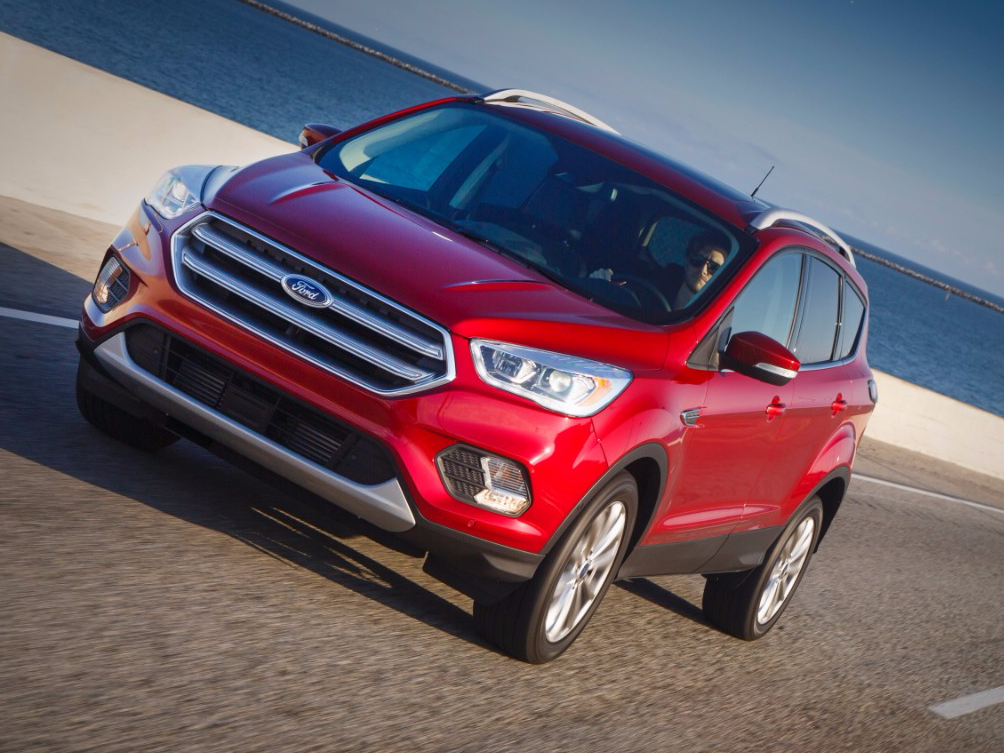Ford’s first fully electric, long-range car is on schedule to arrive by 2020 and will boast an affordable price tag. But it’s going to have some serious competition.
Ford first announced it was planning to launch a long-range, all-electric crossover utility vehicle (CUV) in January at CES. And while the company hasn’t revealed exactly how much the vehicle will cost, Raj Nair, the company’s chief technology officer, told Business Insider that it will be priced for the masses.
“Our plan is for it to be an affordable vehicle, a mainstream model,” Nair said.
“To get electrification volumes where we would all like them to be we have to make sure we make the affordability targets or otherwise they are going to stay as a niche item or a pure luxury item,” he said.
But Ford isn’t the only company planning to roll out an affordable electric SUV in this timeframe.
Tesla plans to launch its Model Y, a compact SUV, in late 2019 or 2020 that is expected to be priced competitively. Volkswagen and Volvo also aim to roll out their smaller electric SUVs within the same time frame. General Motors already launched its electric competitor, the Chevy Bolt, last year.

Yet, Ford believes it has an edge in the space, partly because of the battery range that its CUV will offer.
When Ford originally announced its plans for an all-electric CUV, the company said that it would have a range of "at least 300 miles." But according to Nair, the company is on track to surpass that range.
"We think we have a technology path that will get us a 300 plus miles range and an affordable crossover utility that will be fully competitive," Nair said.
To put that into perspective, the Chevy Bolt has a range of 238 miles per charge and Tesla's Model 3, which is an affordable sedan slated to launch later this year, is expected to have a range of more than 215 miles.
Tesla's Model Y will be built on a different platform than the Model 3, so it's not clear how much range it will have. But if Ford is rolling out a 300 miles plus CUV, you can almost bet Tesla will try to match that with its Model Y.
Another reason Ford isn't too concerned about the competition is because the company sees more players as a potential boost for business overall.
"We always welcome the competition," Nair said. "There are some aspects of the economics of battery-electric vehicles that are helped by scale. The more penetration we get, all of us are helped by the economies of scale."
In other words, the more demand there is for electric cars, the more the price for battery technology comes down.
Nair said that the ultimate goal for Ford is to make an electric car that doesn't require the buyer to make any trade-offs when it comes to performance and features. In fact, he said Ford's electrified vehicles will offer more value.
"We want electrification to be a bonus," Nair said.
"We are excited about it, and I think it's going to be hitting that inflection point where we are talking about fully electric vehicles not as a niche, not as a novelty, but as a very legitimate, high-volume opportunity for the industry and for the consumer."

